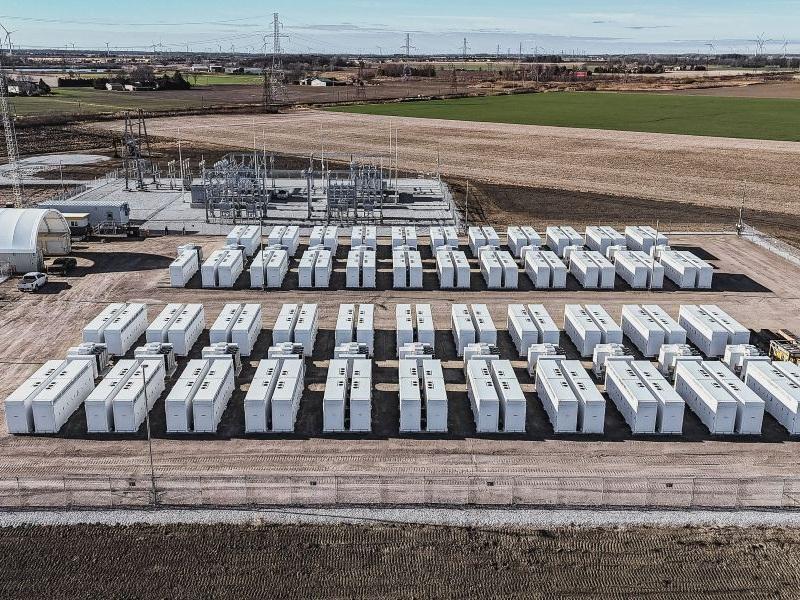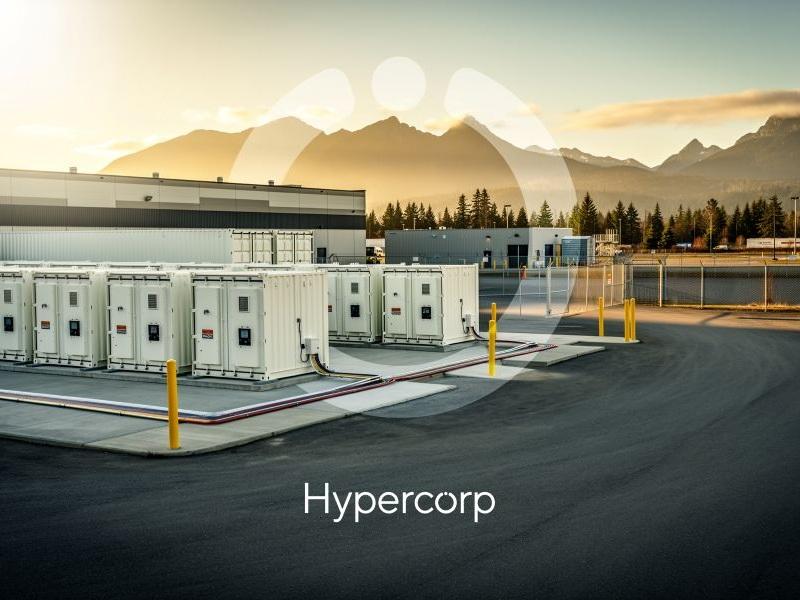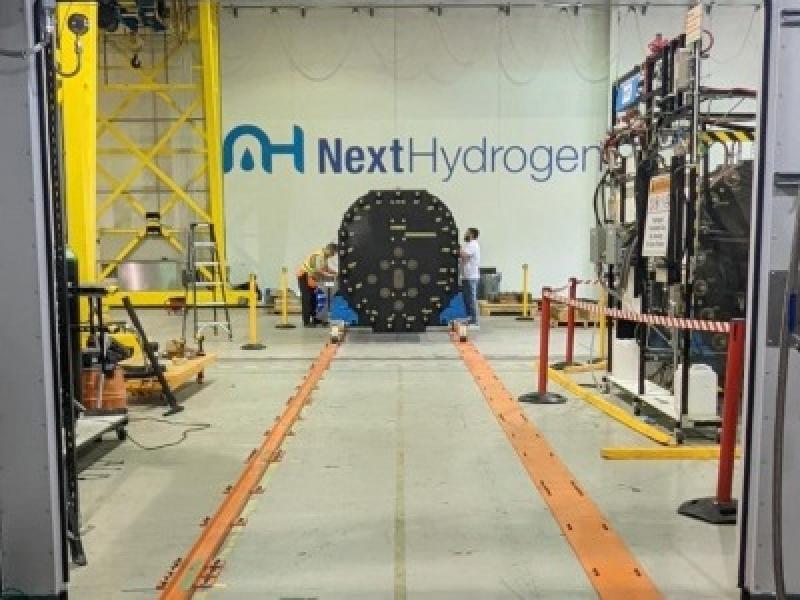
Highland Electric Fleets, headquartered in Beverly, Mass., will be using a loan of up to $50 million provided by the Canada Infrastructure Bank (CIB) to support its electrification-as-a-service business for school bus fleets.
Operating largely in the U.S., but having employees and designs for Canada, Highland covers the infrastructure, services and vehicles for fleet operators under long-term contracts.
The CIB financing can support the purchase of up to 500 zero-emission buses and offset approximately 5,500 tonnes of carbon dioxide emissions per year, Highland says.
Brian Buccella, COO of Highland, sees Canada as ripe territory for the company, and buses have been purchased.
“When the company looked at the market size in Canada, we felt that there would be a lot of benefit to moving to EV (electric vehicle) platforms specifically because a lot of the cities, municipalities and school districts have already signalled they have an interest in moving in that direction, not just from the savings, but also the environmental and health benefits.
“Given our mission statement and what Highland’s about, we felt it was right in line with that, and naturally, in North America, we’re able to service that market.”
Another kind of EaaS: electrification-as-a-service
Highland’s electrification-as-a-service (EaaS) model is a 10- to 15-year-contract that spreads out the cost of transitioning to an electric fleet over years rather than one lump sum.
From a fee that is paid out annually for the vehicle of the user’s choice, the client has the construction, planning, infrastructure, electricity, software, training and warranty covered by Highland.
The company taps into government subsidies to pass the savings to clients, Buccella added, reducing the cost of ownership compared to a diesel-powered fleet. A May 2023 report from Dunsky Energy + Climate Advisors found Canada will need to overcome the high upfront costs to electrify school bus fleets.
EaaS is advantageous for organizations looking to replace their buses, but may lack the ability to perform site evaluations, are unfamiliar with utilities, don't know much about construction, or need to learn about optimal charging, the Highland COO explained.
Such a model cuts the risk and complexity for electrifying, Buccella added.
Clients have a guaranteed price in a contract. Highland is experienced working with vehicle and equipment manufacturers, has its supply chain and can provide accurate project timelines. Plus, the cost to operate is clearer for the client in a 10- to 15-year contract.
“What we’re trying to do is remove the risk for customers,” Buccella said about the absence of an upfront capex cost. With an EaaS model, customers do not start paying until the buses are running, further reducing risk exposure.
Highland’s main customers are school boards, but it has expanded to municipalities and the U.S. government. Other than school buses, it offers electric trucks, street sweepers, dump trucks and shuttle buses.
Described as “agnostic in terms of the OEM (original equipment manufacturer) or the manufacturers for the infrastructure or hardware,” Highland uses electric school buses from a range of companies such as Quebec’s Lion Electric, IC Bus, Thomas Built Buses, Blue Bird and smaller firms.
On the road to Canada
Highland’s track record in the U.S. includes working with Montgomery County in Maryland covering over 300 school buses, its biggest project to date. It has accessed over $481 million in grants and incentives in the U.S. to support 1,100 electric school buses, Buccella said.
It was drawn to Canada because Highland heard interest in electrification from school districts.
The next steps for Highland in Canada are executing on programs it has subsidies for and expanding its service with contractors in each province to improve its product knowledge. Highland is working with the Zero Emissions Transit Fund to identify the subsidies to help school districts electrify.
The company hopes to be in every province and has activity and discussions in every “major” province, Buccella said. Two Canadian projects will be announced later this year, he added.
To propel its business, the CIB has offered low-interest loans to Highland. The CIB will give $85,000 for each Type A bus and $100,000 for a Type C, with the financing for a Type D to be determined.
Such low-interest funding helps Highland and school districts at a time when interest rates are not favourable for easy capital, Buccella said.
Despite news of slowdowns in EV adoption, he sees his company growing.
“There’s never been a better time to electrify,” Buccella said. Electric school bus subsidies in Canada and the U.S. are helping with rapid adoption, but he added he would like to see price curves adopted.










